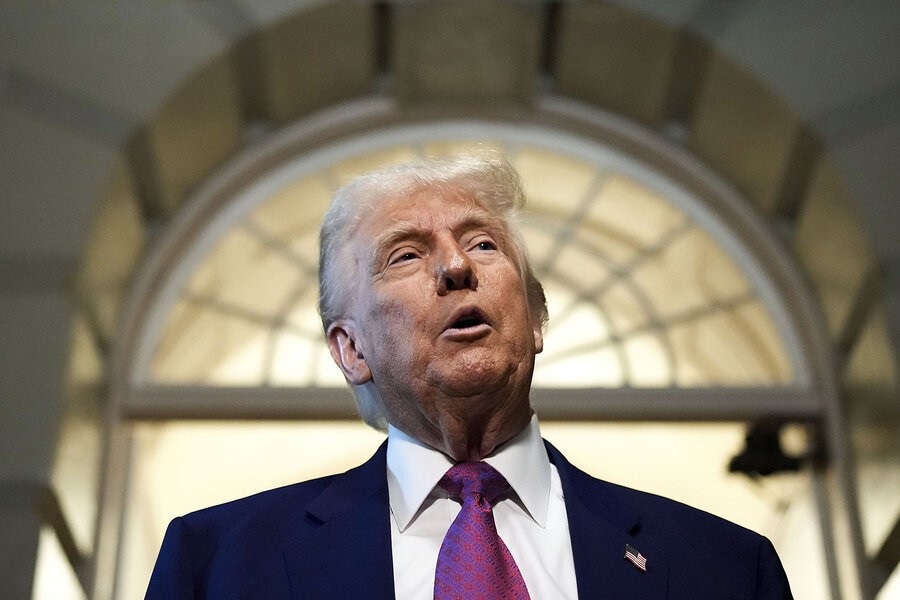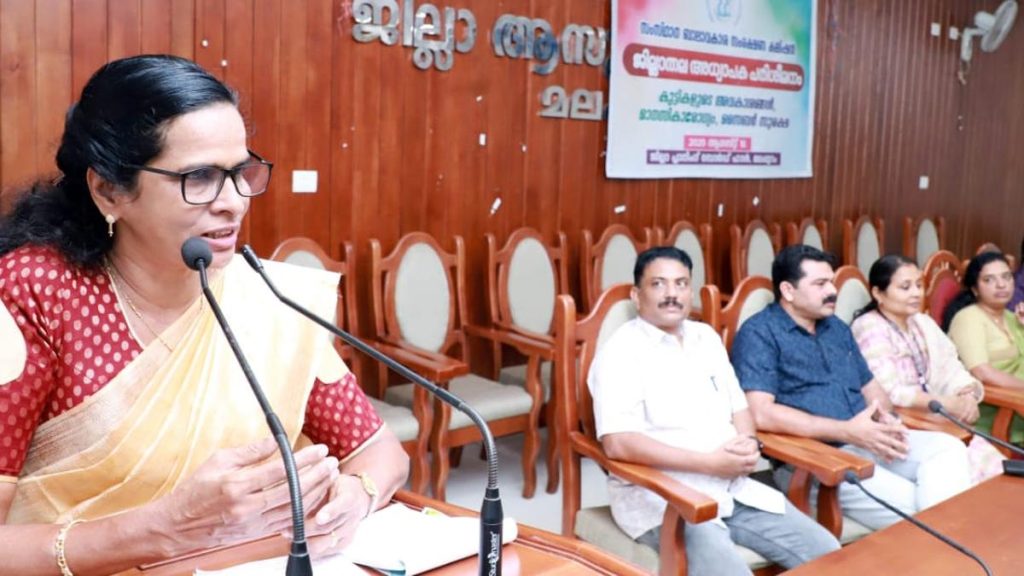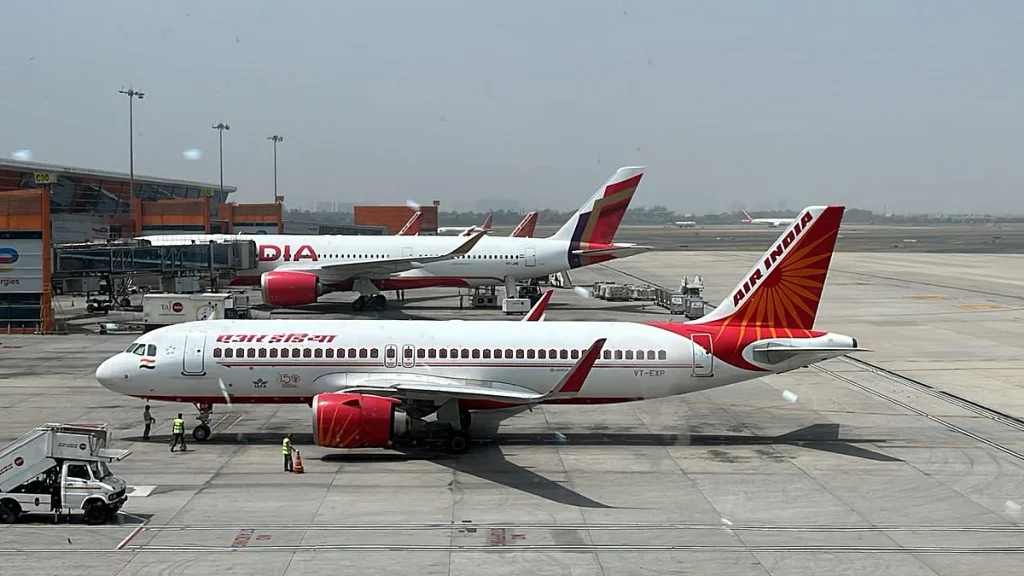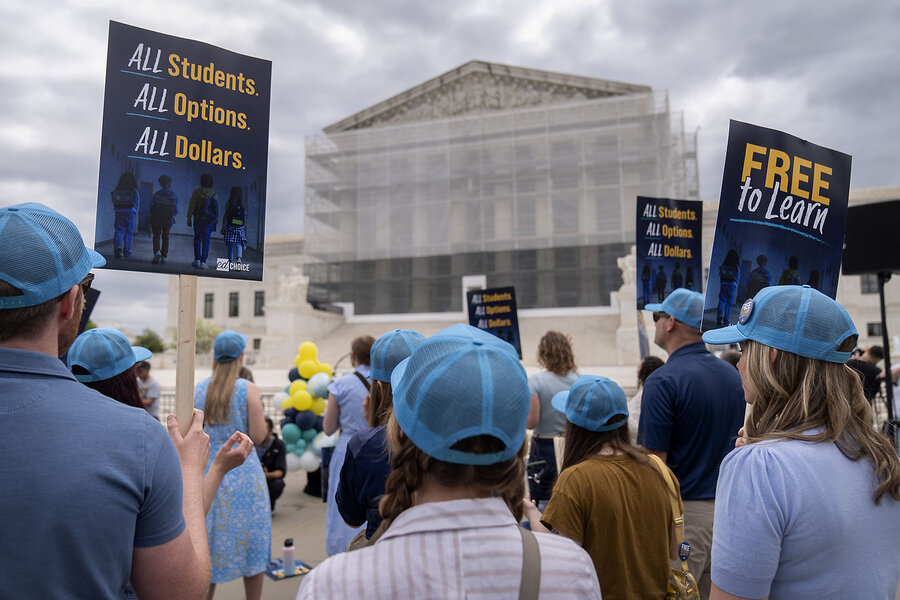Now Reading: Can Trump Suspend Habeas Corpus? Officials Weigh In
-
01
Can Trump Suspend Habeas Corpus? Officials Weigh In
Can Trump Suspend Habeas Corpus? Officials Weigh In

Quick Summary
- White House officials have floated the idea of President Trump perhaps suspending habeas corpus, citing illegal immigration as an “invasion.”
- Habeas corpus prevents unlawful detention and has been historically regarded as a cornerstone of liberty, protected under the U.S. Constitution.
- Habeas rights have been suspended in U.S. history only four times: during the Civil War, Reconstruction, unrest in the Philippines, and after pearl Harbor-always with congressional approval (frequently enough retroactively).
- Legal experts argue suspension for specific groups like immigrants-for whom federal courts allow claims-is unprecedented.Current immigration court decisions are considered final under separate processes.
- Homeland Security Secretary Kristi Noem stated that high levels of illegal immigration “could warrant” suspending habeas but incorrectly described it as a presidential right to deport people without judicial interference-a claim refuted by legal authorities.
- Stephen Miller confirmed examination into suspension options while also claiming federal courts lack authority over certain immigration cases due to existing laws.
Image Captions:
1) A rare copy of the Magna Carta displayed at Harvard Law School; it historically enshrined habeas rights before adoption into American law.
2) Burning ships during Pearl Harbor’s attack prompted Hawaii’s government to suspend habeas corpus temporarily.
3) Homeland Security Secretary Kristi noem testifying on Capitol Hill about immigration concerns.
Indian Opinion Analysis
The potential suspension of habeas corpus raises critically important questions about how foundational freedoms intersect with governance challenges like mass migrations or security threats-a topic relevant globally, including India’s evolving stance on balancing personal liberties and national security concerns amid border issues or internal conflicts.
Historical precedent strongly suggests such measures require congressional approval and are reserved for extraordinary circumstances such as wartime rebellion or invasion-not administrative setbacks from policy inadequacies regarding migration control systems.For India, this could be viewed as an indirect exploration into balancing civil liberties against perceived threats-mirroring debates around preventive laws utilized during emergencies like insurgencies in Kashmir or Naxalite regions where similar trade-offs between individual rights and national prerogatives occasionally arise.
Understanding whether unilateral executive action (without judicial oversight) aligns with democratic principles underscores broader lessons beyond U.S.-specific contexts: citizen trust remains inseparable from adherence to constitutional guarantees like due process-a lesson policymakers worldwide might heed carefully when navigating contentious issues rooted at liberty-security crossroads.


























